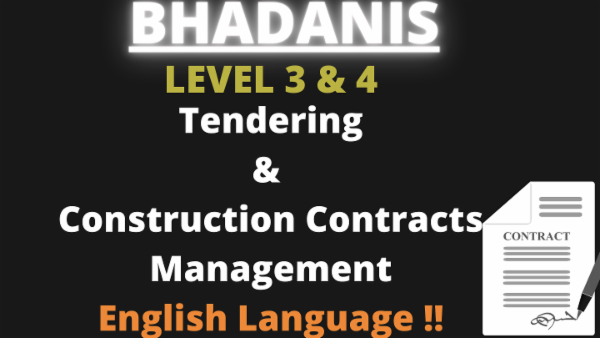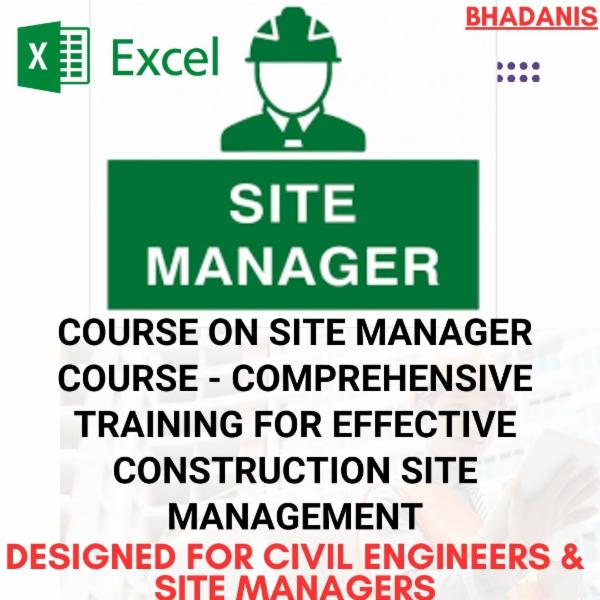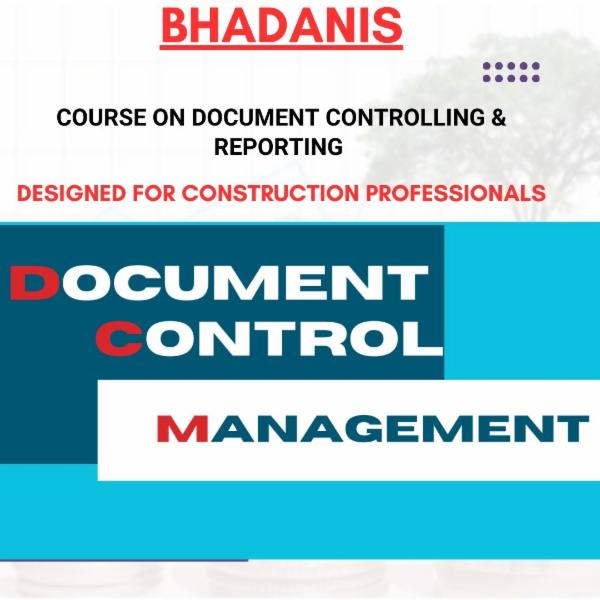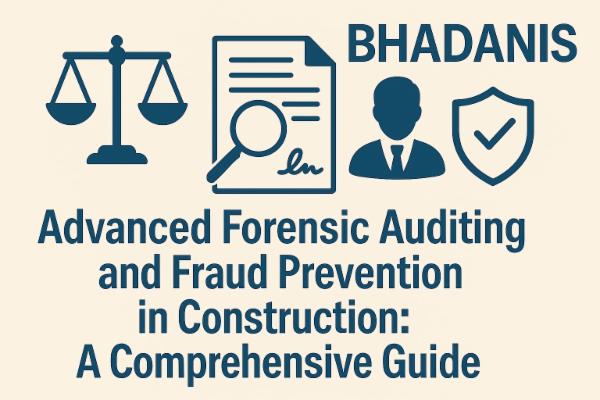There are no items in your cart
Add More
Add More
| Item Details | Price | ||
|---|---|---|---|
COURSE DESIGNED FOR SENIOR CONSTRUCTION PROFESSIONALS AND CIVIL ENGINEERS
Language: ENGLISH
Validity Period: 740 days
Why this course?
This Package Contains 12 Different Courses are specifically designed for senior civil engineers and seasoned construction professionals with years of experience in the industry. It is a high-level training program aimed at refining the skills and knowledge required for managing large and complex construction projects effectively. The course addresses the critical aspects of paperwork, documentation controlling, detailed estimation, Bills of Quantities (BOQs), site management, claims management, penalties, and various facets of construction management such as billing, planning, and contracts.
In an era where construction projects are becoming increasingly sophisticated and demanding, the role of senior civil engineers and construction professionals has evolved significantly. It is no longer just about overseeing the physical construction; professionals are now required to exhibit proficiency in documentation, financial control, risk management, and contract administration. As the industry moves toward more organized, efficient, and legally compliant processes, these professionals need to adapt by acquiring a thorough understanding of the administrative and managerial tasks critical for project success.
This course offers comprehensive insights into key processes involved in construction projects, giving professionals the tools to manage projects with precision and adherence to industry standards.
As senior civil engineers and experienced construction professionals, you already possess foundational knowledge and expertise in executing construction projects. However, the demands of modern construction are ever-evolving, and success hinges not only on technical skills but also on the ability to manage complex documentation, coordinate multiple stakeholders, mitigate risks, and effectively control costs.
The following reasons illustrate why this course is a vital investment for senior engineers and construction professionals:
Increased Complexity in Construction Projects: Modern construction projects have become more complex due to factors such as larger project sizes, tighter deadlines, increased regulatory requirements, and higher costs. This training will equip you with the skills to handle these complexities with confidence, ensuring that you can oversee all aspects of a project, from documentation to site management, without missing critical details.
Legal and Contractual Knowledge: In the modern construction environment, legal disputes are increasingly common. As projects become larger and more intricate, having the expertise to navigate contracts, manage claims, and understand penalties is critical. This course will help you become proficient in these areas, reducing the likelihood of disputes and improving your ability to handle claims effectively when they arise.
Financial Management and Cost Control: Senior engineers are expected to not only ensure technical accuracy but also manage budgets and control costs. This course provides advanced knowledge in billing, detailed estimation, and cost control, helping you ensure that the project remains within budget and that any cost overruns are managed efficiently.
Improved Project Execution: Effective site management, planning, and scheduling are crucial for the successful execution of construction projects. This course will enhance your ability to lead teams, optimize workflows, and streamline operations on-site, minimizing delays and ensuring that projects meet deadlines.
Adapting to Technological Advancements: The construction industry is increasingly adopting digital tools for project management, estimation, and documentation. This course includes training on modern software tools for cost estimation, scheduling, and document management, enabling you to stay ahead of technological trends and integrate these tools into your workflow seamlessly.
Enhanced Leadership and Decision-Making: As a senior engineer or construction professional, you are expected to lead teams and make critical decisions. This course will enhance your leadership abilities, enabling you to communicate effectively, manage stakeholders, and make informed decisions that improve project outcomes.
This course is not only an essential training opportunity for experienced civil engineers and construction professionals, but it also represents an investment in career development and organizational success. With the increasing demands of modern construction projects, this training will ensure that senior professionals possess the comprehensive skill set required to handle the full spectrum of responsibilities in construction project management. By completing this course, participants will gain the knowledge and expertise needed to take on more senior roles, mitigate risks, improve project outcomes, and achieve long-term success in the competitive construction industry.
After successful purchase, this item would be added to your courses.You can access your courses in the following ways :













